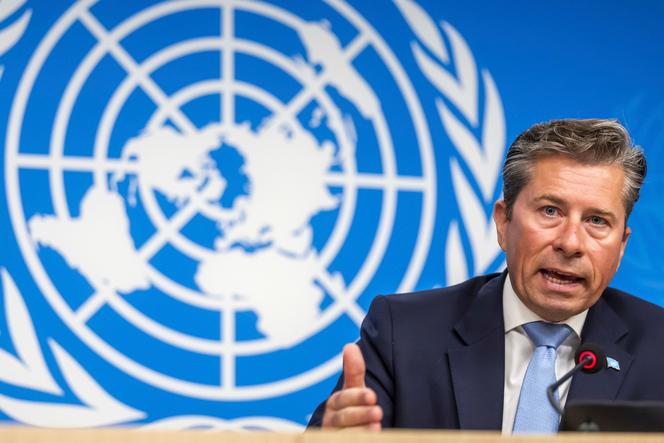


Though Benjamin Netanyahu sought to frame the news as an "outright lie," the United Nations' (UN) recognition on Friday, August 22, of a famine in the Gaza Strip constituted a major diplomatic – and potentially legal – setback for the head of the Israeli government. Until then, Israeli authorities had denied there was a risk of famine despite imposing a total humanitarian blockade on Gaza in the spring. Israel gradually eased the blockade over the summer while continuing to obstruct the work of NGOs in the Hamas-controlled enclave.
The assessment from the Integrated Food Security Phase Classification (IPC), a Rome-based UN body, was unequivocal: The organization, which comprises major NGOs and relevant UN agencies such as the World Food Programme (WFP) and the World Health Organization (WHO), reported that more than 500,000 people in Gaza were experiencing "catastrophic" conditions – the highest level of food insecurity, marked by famine and death. Tom Fletcher, the UN's head of humanitarian coordination, accused Israel of "systematic obstruction" and said that this situation could have been avoided. The WFP, WHO, UNICEF, and the Food and Agriculture Organization of the UN called for an immediate ceasefire and unhindered delivery of large-scale humanitarian aid.
You have 67.29% of this article left to read. The rest is for subscribers only.
